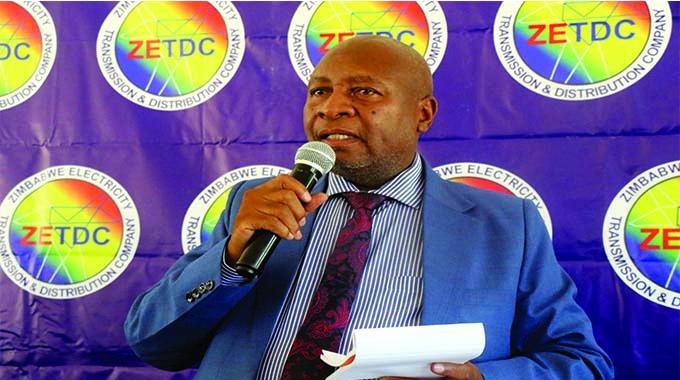News / Local
Zimbabwe anticipating a significant power supply deficit
28 Jun 2024 at 13:54hrs |
0 Views

Zimbabwe is anticipating a significant power supply deficit, projected to reach up to 2,800 megawatts (MW) by the end of 2025, an increase from the current deficit of 500MW. This rise is driven by the growing energy demands from mining and smelting companies.
Energy Minister Edgar Moyo highlighted this issue while addressing investors in Barcelona, Spain. He noted that only 23.4% of rural households in Zimbabwe are connected to the national electricity grid.
Moyo emphasized the need for investment in energy generation, transmission, distribution infrastructure, and capacity-building programs. He mentioned ongoing solar mini-grid projects for public institutions like schools and clinics, which are supported by developmental partners and the private sector. Despite these efforts, rural areas still face significant energy poverty.
To attract investors, Moyo outlined various incentives, including a Government Project Support Agreement (GPSA) to mitigate political and currency risks, developed with the help of the Africa Legal Support Facility (ALSF) of the African Development Bank. The GPSA is currently being piloted with three companies supported by international developers and funders. Moyo also pointed out that Zimbabwe's new currency, introduced three months ago, has stabilized, and power purchase agreements remain US dollar-denominated with cost-reflective tariffs.
Further incentives for investors include duty-free importation of all capital equipment, tax breaks, and prescribed asset status for investments with local content. Moyo concluded by asserting that these factors make Zimbabwe an attractive destination for investment in the energy sector.
Energy Minister Edgar Moyo highlighted this issue while addressing investors in Barcelona, Spain. He noted that only 23.4% of rural households in Zimbabwe are connected to the national electricity grid.
To attract investors, Moyo outlined various incentives, including a Government Project Support Agreement (GPSA) to mitigate political and currency risks, developed with the help of the Africa Legal Support Facility (ALSF) of the African Development Bank. The GPSA is currently being piloted with three companies supported by international developers and funders. Moyo also pointed out that Zimbabwe's new currency, introduced three months ago, has stabilized, and power purchase agreements remain US dollar-denominated with cost-reflective tariffs.
Further incentives for investors include duty-free importation of all capital equipment, tax breaks, and prescribed asset status for investments with local content. Moyo concluded by asserting that these factors make Zimbabwe an attractive destination for investment in the energy sector.
Source - newsday
Join the discussion
Loading comments…































